
10,95 €
Sofort per Download lieferbar
eBook, ePUB
20. Januar 2020
Montessori Casa International
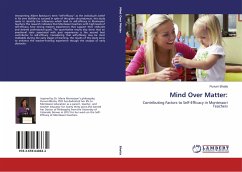
Broschiertes Buch
Contributing Factors to Self-Efficacy in Montessori Teachers
4. Dezember 2014
LAP Lambert Academic Publishing
Ähnliche Artikel

52,95 €**
51,95 €
**Preis der gedruckten Ausgabe (Broschiertes Buch)
Sofort per Download lieferbar
VersandkostenfreieBook, ePUB
12. April 2023
Peter Lang Ltd, International Academic Publishers
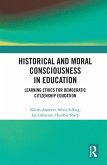
eBook, ePUB
10. März 2022
Taylor & Francis eBooks

5,99 €
inkl. MwSt. und vom Verlag festgesetzt.
Sofort per Download lieferbar
eBook, ePUB
22. November 2024
Lucas Malpiedi

3,65 €
inkl. MwSt. und vom Verlag festgesetzt.
Sofort per Download lieferbar
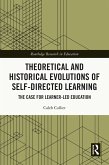
eBook, ePUB
14. April 2023
Taylor & Francis eBooks

114,80 €**
41,95 €
**Preis der gedruckten Ausgabe (Gebundenes Buch)
Sofort per Download lieferbar
VersandkostenfreieBook, ePUB
30. September 2019
Peter Lang Inc., International Academic Publishers
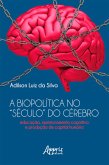
3,99 €
inkl. MwSt. und vom Verlag festgesetzt.
Sofort per Download lieferbar
eBook, ePUB
10. Februar 2022
Editora Appris
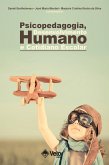
10,99 €
inkl. MwSt. und vom Verlag festgesetzt.
Sofort per Download lieferbar
eBook, ePUB
3. Mai 2023
Vetor Editora

9,99 €
inkl. MwSt. und vom Verlag festgesetzt.
Sofort per Download lieferbar
eBook, ePUB
27. April 2023
Editora Dialética
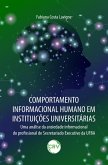
6,49 €
inkl. MwSt. und vom Verlag festgesetzt.
Sofort per Download lieferbar
eBook, ePUB
9. August 2024
Editora CRV
Ähnlichkeitssuche: Fact®Finder von OMIKRON
